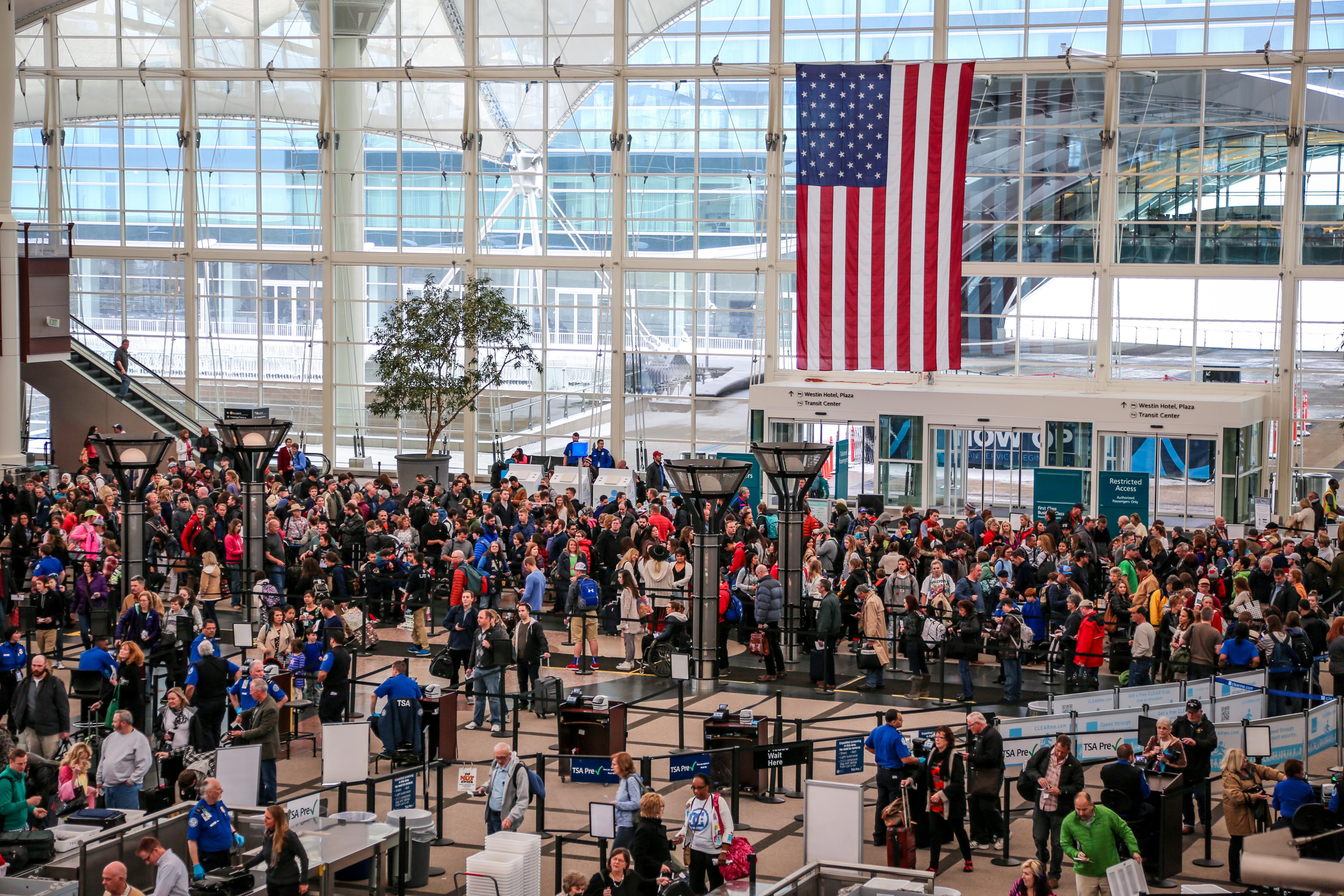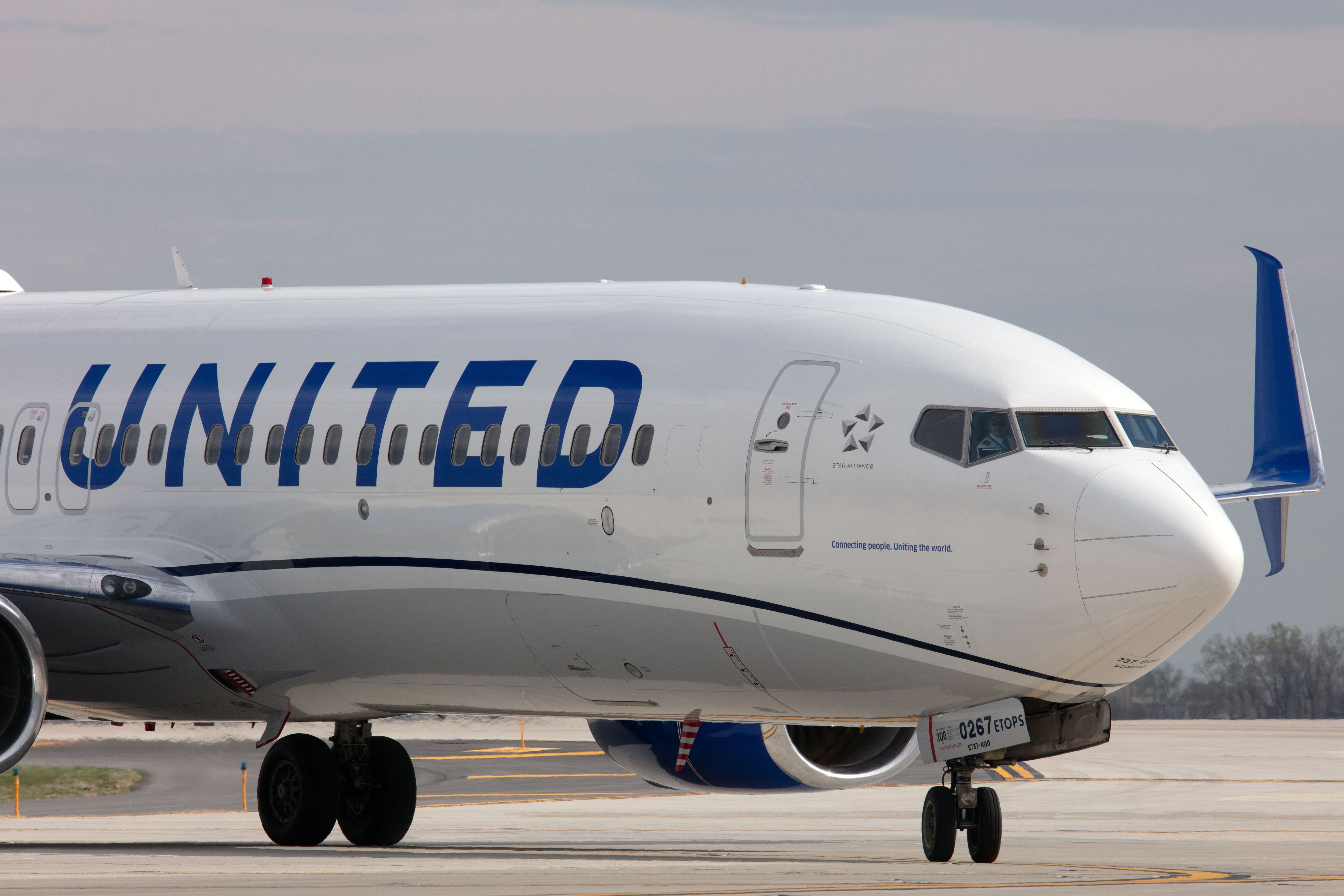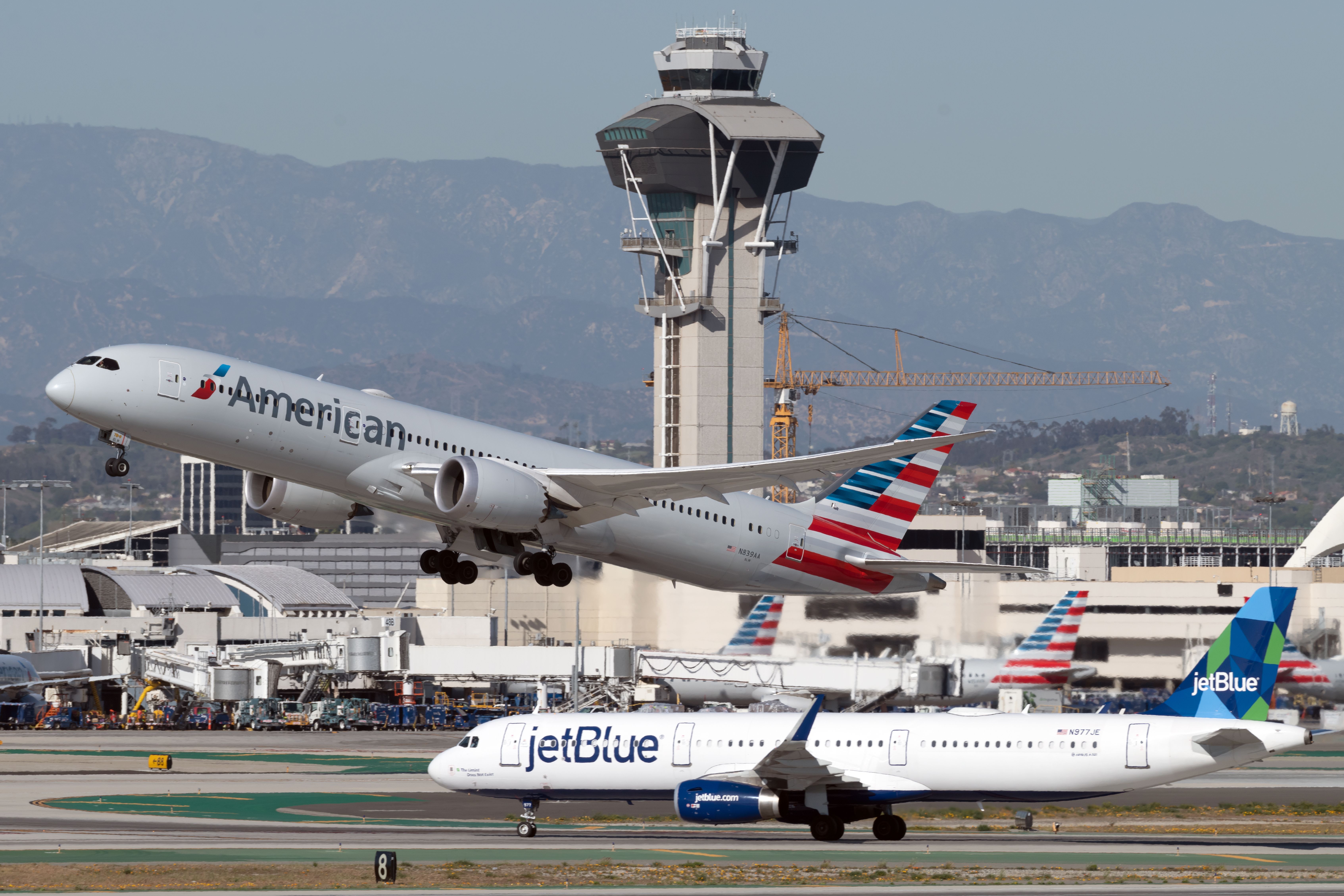After several months of relentless mess for the aviation industry, it would seem that there is no end to this turmoil as the July 4th weekend brings about over 10,000 flight cancellations and delays. The massive rate of cancellations and delays is higher this year than before the pandemic, further emphasizing how problematic air travel has been since it rebounded.
Soaring passenger numbers
Though the number of flight cancellations and delays were higher on a typical day and higher than in pre-pandemic times, the number of passengers traveling over the July 4th weekend was also at pre-pandemic levels surpassing 2.49 million when compared to 2.18 million in 2019. Passenger numbers over the same holiday weekend last year have significantly recovered from pandemic lows but were still slightly below this year's levels at just over 2.19 million.
Even with pricey airfares, passengers have been willing to spend the extra money to alleviate the pent-up need for air travel. Airlines have been more than happy to scoop up the advantages and put out extensive yet attractive flight schedules to meet the growing demand and make up for surging fuel costs. It seems like a win-win situation initially, but it has been backfiring on the airlines, airports, and even the passengers.
Passengers have had their high hopes met with consistent disappointment through endless snake-like queues, unexpected cancellations, and the inability to rebook quickly. Unhappy with the chaos they've been having to deal with for the past several months, passengers have been filing more complaints to the Transportation Department, which has received over 3,100 from passengers about US carriers, up from 300% from April 2021 and at nearly double the rate during the same period last year.
Airlines are scrambling
If airlines have ramped-up schedules that would be in favor of rising fuel costs and passenger demands, why are flights getting canceled and delayed over such peak travel seasons? Staffing shortages within the airlines have been the most prominent answer, as most US carriers had offered early retirement packages or were forced to retrench a significant number of reliable staff during the pandemic. Unfortunately, hiring and training the required workforce numbers has been a constant struggle.
And when bad weather gets thrown into the mix, such as Tropical Storm Colin, the situation for airlines worsens as they are forced to trim their schedules to allow for more wiggle room at the expense of passengers. Since July 1st, more than 1,100 US flights have been canceled, with more than 11,000 flights delayed, and the numbers keep rising. The delays included over 1,000 American Airlines flights, accounting for about 30% of the airline's mainline schedule. It also included more than 780 Delta Air Lines flights, symbolizing a quarter of the airline's schedule.
To mitigate the repercussions of the delays, Delta's Chief Executive Officer Ed Bastian apologized to passengers for the unacceptable level of flight disruptions and offered to allow passengers to rebook their flights for free over the holiday weekend. JetBlue Airways offered attendance bonuses for flight attendants to ensure solid staffing. Frontier Airlines has also been changing how it schedules crew by imposing a limit on flying through busier airspace twice on a single assignment to reduce delays and overriding duty limits.
Unfortunately for airlines, the situation they currently face is just a compounded cycle of poor weather and a lack of adequate operable workforce that has a domino effect on the duty limits for the current flight and cabin crew. Nonetheless, passengers felt this situation could have been avoided or handled better. In an open letter to the Transport of Secretary Pete Buttigieg, Senator Bernie Sanders took to Twitter to highlight changes that should be made for the sake of passengers and to improve the mess that the aviation industry has been sunken into.
Sanders commented that despite passengers having to pay airfares that have inflated by over 35% in the last year, the amount spent hasn't precisely been reciprocated through the reliability of airlines. To compensate for the ways passengers have been treated as of late and ensure that air travel reaches smoother skies again, Sanders highlighted the need to impose hefty fines on airlines and ensure that airlines execute refunds to passengers more promptly.
Discover more aviation news.
Chaos at the airports
Secretary Buttigieg has previously pressured the airlines to adopt more reasonable, thinned-out summer schedules. However, the airlines have argued back that the entirety of the blame shouldn't fall solely on them but on the airports too. Staffing issues have been hard-hitting airports across the US with the lack of adequate security and ground agents, and with as many as 12.3 million people were expected to pass through airport security between June 30th and July 4th, the snake-like passenger queues are about to get even longer.
Air Traffic Control (ATC) also remains severely understaffed. The disproportionate amount of air traffic congestion due to the bad weather and high influx of flights add to the domino effect for both airlines and airports. The busier the airport, the higher likelihood of ATC delays. To reassure that it is doing everything it can to keep the aviation industry as reliable as possible, the Federal Aviation Administration (FAA) said in a statement:
“The F.A.A. has acted on the issues raised by airlines and is working with them to share information to keep aircraft moving safely when weather and other airspace events constrain capacity. The agency has added alternate routes, placed more controllers in high-demand areas, and increased data sharing.”
Bottom line
The situation will undoubtedly keep nose-diving for the aviation industry, given how it hasn't improved much over the past several months. Rates of cancellations and delays are probably estimated to hit all-time highs as the summer season rolls in. The turbulence could either end towards the year-end or worsen during the festive seasons if no improvements are made over the coming months. Hopefully, the aviation industry will fly in bluer and smoother skies soon.
Source: Fortune

.jpg)


